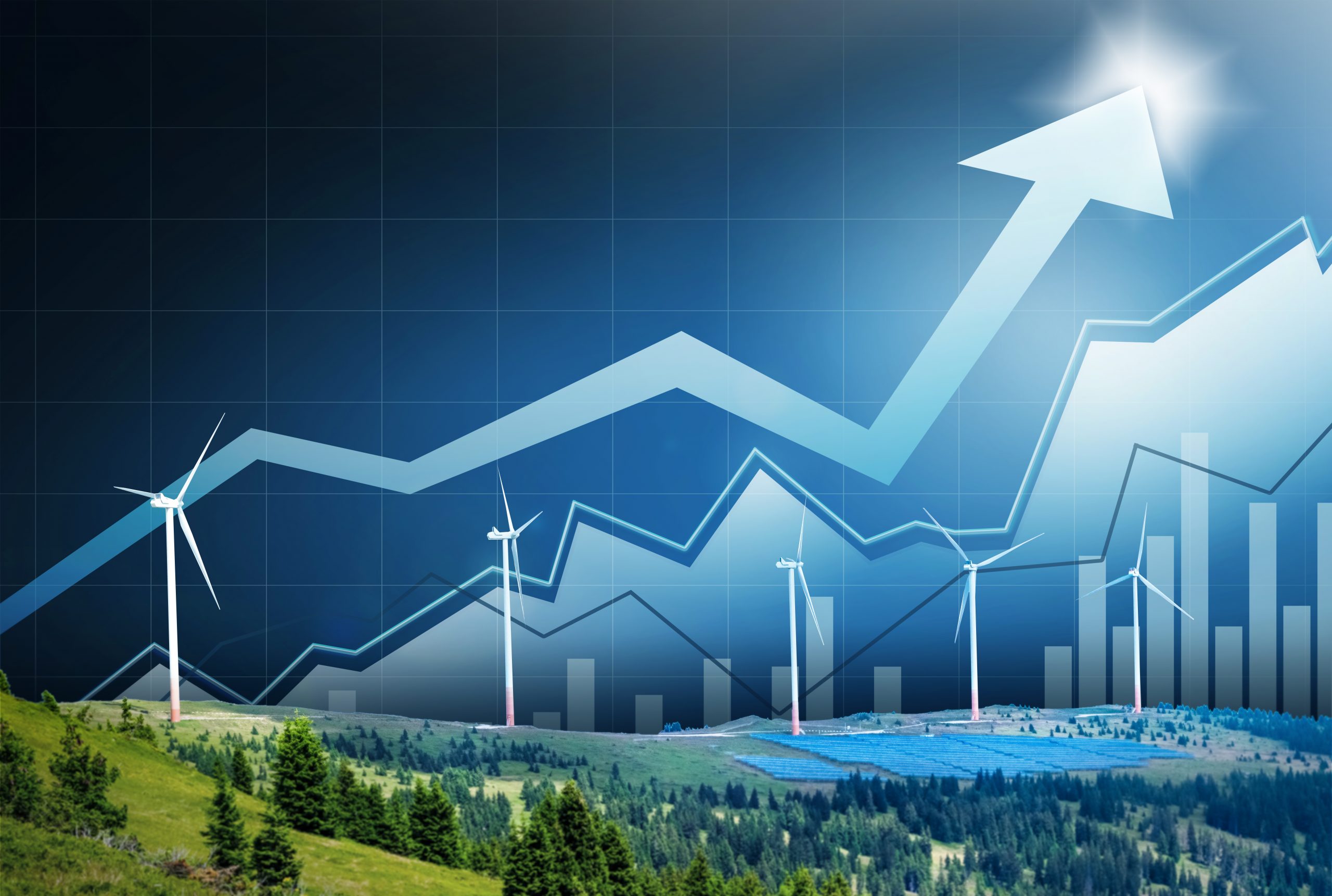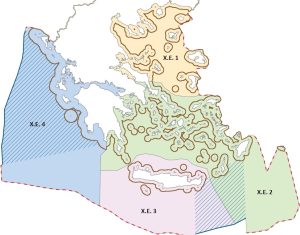In the first nine months of 2024, clean energy met 50.2% of Greece’s total electricity demand through the combined use of renewable energy sources (RES) and hydropower, despite a 5.9% increase in demand and supply curtailments, says the Greece-based thinktank Green Tank.
Greece Turned to Fossil Gas in Absence of Wind
Total renewable energy production over the period (excluding hydro) reached 19,060 GWh, a significant jump from the 15,973 GWh of same period in 2023, according to the latest data from Greece’s Independent Power Transmission Operator (IPTO) and Hellenic Electricity Distribution Network Operator (HEDNO), says Green Tank.
However, the cumulative production of fossil fuels (fossil gas, lignite and oil) was still greater than that of renewable by 1,928 GWh, due to the increased use of fossil gas between the busy months for tourism in Greece between July and September.
Demand in September 2024 hit a five-year peak of 4,626 GWh, while renewable generation (1,780 GWh) fell short of the 2023 level (1,926 GWh), driven by a 45.7% dip in wind energy production.
During the period of lower clean energy production, fossil gas filled in and accounted for 35.4% of total demand, followed by oil (7.2%) and lignite (5.3%).
Fossil gas, although sometimes presented as a “cleaner” form of fossil fuels, is actually considered to be “the new coal” and a major driver of the climate crisis.
Less Lignite in the Mix
A notable positive development in September 2024 was the record-breaking 463 hours where Greece did not have any lignite plants in operation, representing 64.3% of the month.
While lignite production reached a historic low in the first nine months, fossil gas surged by 29.5% compared to the same period in 2023, nearing its highest level since 2021.
Despite a promising shift toward green energy, grid constraints led to curtailments of 673 GWh of renewable energy—3.4% of RES production—in the first three quarters of 2024.
April alone saw 259 GWh curtailed, nearly matching the total for all of 2023 (228 GWh), highlights the Green Tank.
If these curtailments were minimized, Greece could further reduce reliance on fossil fuels or imports, potentially lowering wholesale electricity prices, proposes the think tank.
Greece’s Path to Energy Self-Sufficiency
The first nine months of 2024 also marked a significant 81.6% year-on-year drop in electricity imports.
Imports therefore covered only 1.9% of demand—the lowest share in a decade.
On the positive side, and despite the use of dirty energy to fill the gaps during the summer months, the figures highlight Greece’s progress toward energy self-sufficiency.




